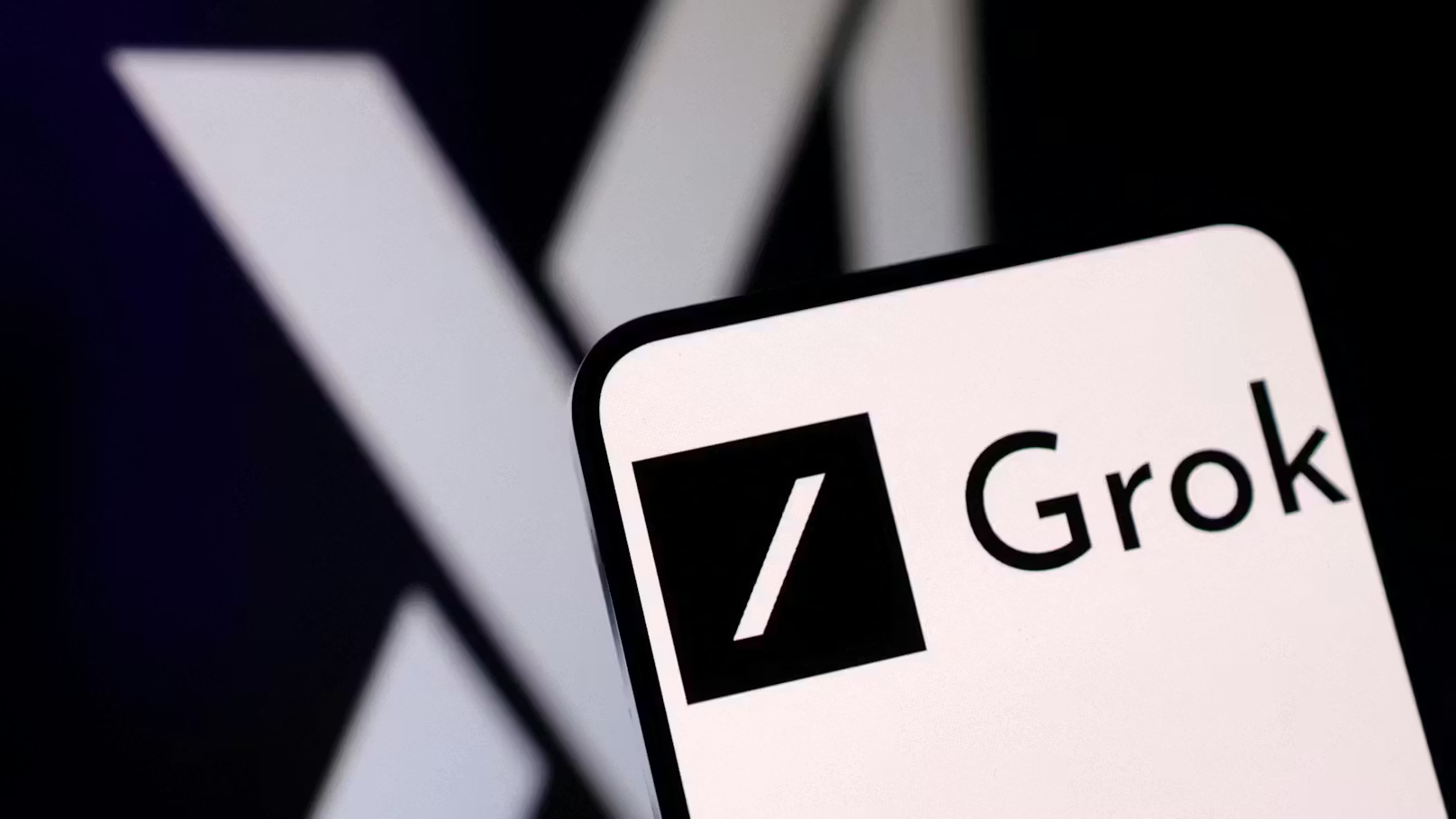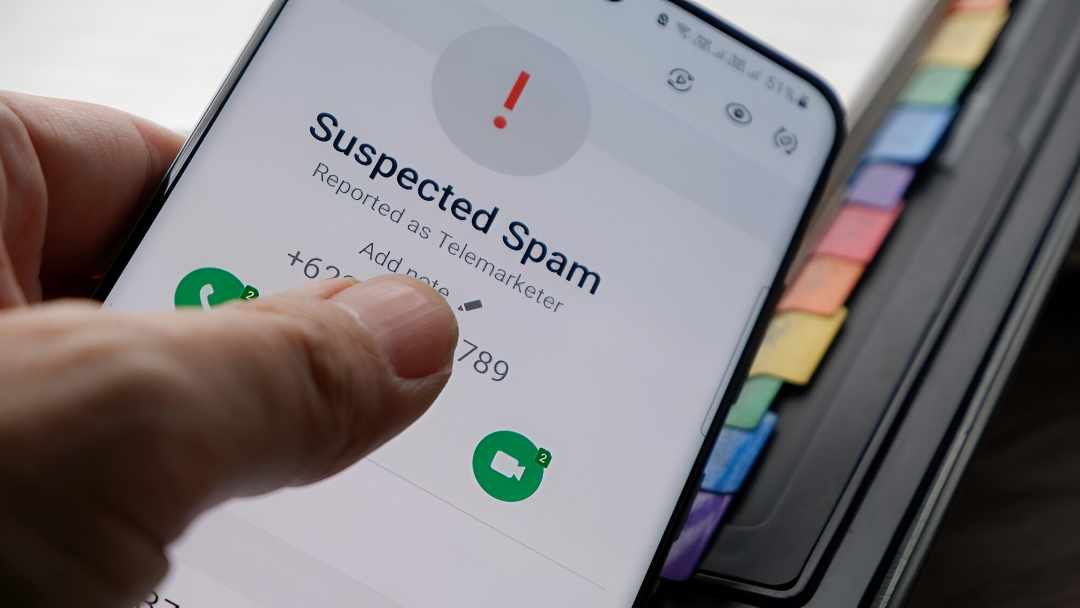When your DNA testing company goes bankrupt, you discover just how much your genetic code is worth to someone else. 23andMe’s interim CEO, Joseph Selsavage, dropped a bombshell during House testimony this week: nearly 2 million customers have demanded their genetic data be deleted since the company filed for Chapter 11 in March.
That’s 15% of their entire customer base hitting the genetic equivalent of “cancel subscription”—except they’re canceling their DNA profiles. Can’t blame them.
The Auction Block Anxiety
The deletion stampede started when 23andMe’s bankruptcy put customer genetic data up for grabs. Regeneron Pharmaceuticals bid $256 million for the company’s assets, while founder Anne Wojcicki scrambled together a $305 million counteroffer through her TTAM Research Institute. Both bids treat customer DNA profiles as valuable corporate assets, like streaming rights, but for your biological blueprint.
The thought of any corporation controlling genetic information without explicit consent spooked millions of users into hitting the delete button. This mass exodus signals how little trust remains when personal data becomes bankruptcy collateral.
States Draw Battle Lines
Twenty-seven state attorneys general aren’t waiting around to see who wins the bidding war. They’ve filed lawsuits blocking any sale of genetic data, arguing that customer consent never extended to bankruptcy asset transfers. These legal challenges reveal how unprepared privacy laws are for genetic data bankruptcies.
DNA isn’t like a customer email list—it reveals information about relatives, health risks, and biological futures. The attorneys general argue that selling this data without explicit permission violates state privacy laws, creating a precedent-setting legal fight.
The Delete Button Dilemma
23andMe’s deletion process requires logging into your account and requesting removal. The company removes genetic profiles from their servers, though some basic information like birth date and sex might remain for legal compliance reasons.
The irony cuts deep. Customers who paid $199 for genetic insights are now choosing permanent data loss to escape a corporate mess they never signed up for. The 15% who deleted their profiles might be making the smartest move in an impossible situation.
This bankruptcy exposes the fundamental flaw in consumer genetics: once you provide DNA, your data becomes a corporate asset that can be bought, sold, or fought over in court. The genetic testing industry better take notes—customer trust, once deleted, doesn’t come with a restore button.




























